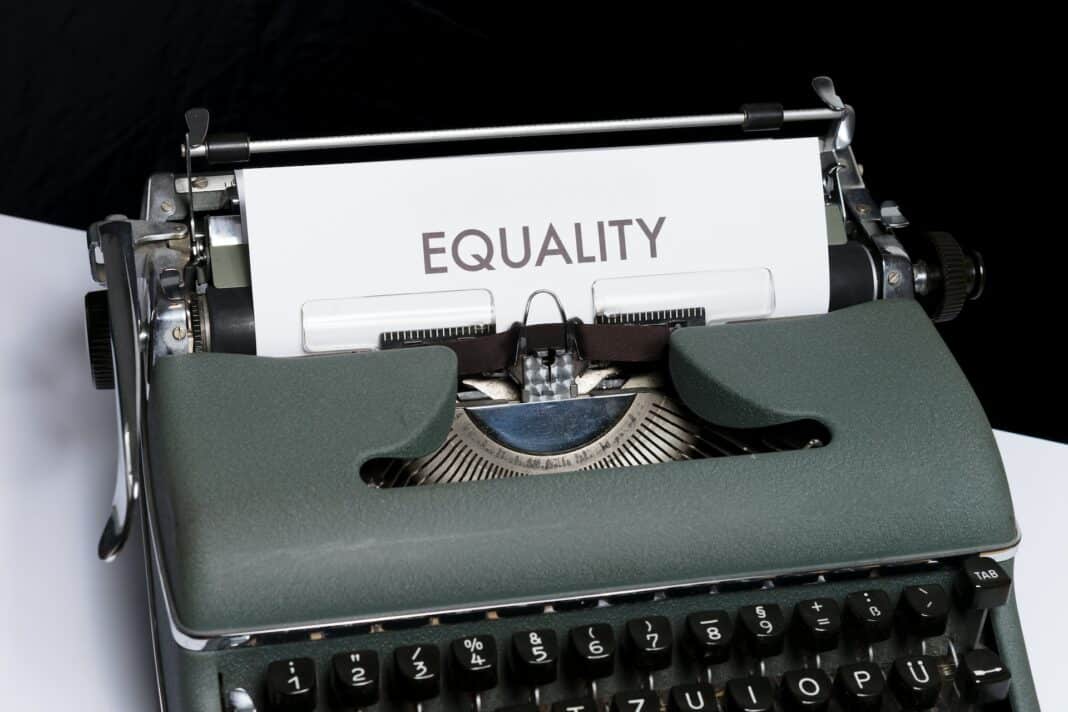In the evolving landscape of the modern workplace, the pursuit of equality has become a focal point for organisations and employees alike. As businesses recognise the importance of fostering diverse and inclusive environments, the spotlight is on the challenges and progress in achieving equality rights in the workplace.
Engaging a skilled settlement agreement lawyer is essential when navigating an equality issue in the workplace, ensuring legal expertise to negotiate and secure fair resolutions that uphold the rights and dignity of all parties involved.
The Current Landscape: Challenges in Equality
While strides have been made towards workplace equality, challenges persist. Gender disparities, for instance, continue to be a pressing issue. Recent studies reveal that women, on average, still earn less than their male counterparts for the same work. Despite efforts to bridge the gender pay gap, there is a clear need for more comprehensive measures to ensure fair and equitable compensation.
Moreover, the underrepresentation of certain demographics in leadership roles remains a concern. Ethnic and racial minorities, as well as individuals with disabilities, often face barriers to career advancement. The lack of diversity in top-tier positions not only hinders equal opportunity but also diminishes the richness of perspectives within decision-making processes.
Discrimination, whether overt or subtle, persists in workplaces around the United Kingdom. Instances of unequal treatment based on age, sexual orientation, and religion are reported, highlighting the need for a cultural shift within organisations. Tackling unconscious bias through training and awareness campaigns is a crucial step towards fostering an environment where every employee feels valued and respected.
Legal Framework: Protecting Equal Rights
The legal framework underpinning workplace equality in the UK has seen significant advancements. The Equality Act 2010 serves as a cornerstone, protecting against discrimination on the grounds of age, disability, gender reassignment, marriage and civil partnership, pregnancy and maternity, race, religion or belief, sex, and sexual orientation.
Despite this legal foundation, enforcing equality rights remains a challenge. Many cases go unreported due to fear of retaliation or a lack of awareness about available recourse. Strengthening avenues for reporting and ensuring whistle-blowers are protected are crucial steps to address this issue.
In recent months, there have been calls for updates to legislation to address emerging challenges, such as discrimination in remote work settings. As the nature of work continues to evolve, lawmakers are urged to consider amendments that reflect the realities of the contemporary workplace.
Corporate Initiatives: Paving the Way for Progress
Several companies in the UK are leading the charge in promoting equality and diversity. Recognising that a diverse workforce is not only a moral imperative but also a strategic advantage, these organisations are implementing innovative initiatives to foster inclusivity.
Flexible working arrangements have gained prominence, enabling employees to better balance work and personal responsibilities. This has proven particularly beneficial for women, allowing them to navigate career progression without sacrificing family commitments. Forward-thinking companies are also investing in mentorship and sponsorship programs to support underrepresented employees in their career journeys.
Transparency in pay reporting has become a powerful tool in holding organisations accountable for their commitment to equality. Companies are increasingly disclosing gender pay gaps, prompting internal discussions and external pressure for corrective action. This trend is expected to continue, with an emphasis on broader reporting that includes other diversity metrics.
Technology and Equality: An Unlikely Alliance
Advancements in technology are playing a pivotal role in promoting workplace equality. The rise of artificial intelligence (AI) is being leveraged to eliminate bias in hiring processes, ensuring that recruitment decisions are based on merit rather than preconceived notions. AI algorithms are designed to identify and rectify discriminatory patterns, contributing to fairer and more diverse workplaces.
Collaboration tools and remote work technologies have also democratised access to job opportunities. Geographical constraints are becoming less relevant, allowing individuals from diverse backgrounds to participate in the job market on an equal footing. However, it is essential to address the digital divide to ensure that everyone has the tools and connectivity needed to fully benefit from these technological advancements.
Looking Ahead: The Road to True Equality
As the UK navigates the complex terrain of workplace equality, a collective commitment is required from businesses, policymakers, and individuals. Establishing a culture that values diversity and inclusion is not only a legal obligation but also a moral imperative that contributes to the success and sustainability of organisations.
In the coming years, the focus must shift towards addressing intersectionality—the interconnected nature of social categorisations such as race, gender, and disability. Recognising the unique challenges faced by individuals at the intersections of multiple identities is essential for creating truly inclusive workplaces.
The journey towards workplace equality is ongoing, marked by both challenges and encouraging progress. With a continued emphasis on legal frameworks, corporate initiatives, and leveraging technology responsibly, the vision of a workplace where everyone is treated equitably and has the opportunity to thrive is within reach. The commitment to equality is not just a professional responsibility; it is a collective investment in a future where diversity is celebrated, and every individual has the chance to reach their full potential.





